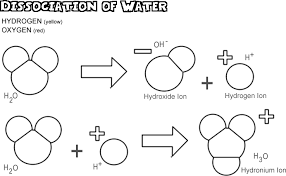记忆方法
将“dissociate”与“dis-”(表示分离,否定)和“ociate”(类似“ociate”中的“oci”与“associate”相似,意味着联系)结合起来记忆。想象一个过程,将原本有联系的东西(“associate”表示联系)通过某种方式(“dis-”表示分离)分开或不再联系,即“dissociate”表示解除联系或分离。
以上内容由AI生成, 仅供参考和借鉴
中文词源
dissociate 否认联系
dis-, 不,非,使相反。-soc, 联系,词源同social, society. 即不再联系,否认联系。
英语词源
- dissociate (v.)
- 1610s (implied in dissociated), from Latin dissociatus, past participle of dissociare "to separate from companionship, disunite, set at variance," from dis- "apart" (see dis-) + sociare "to join," from socius "companion" (see social (adj.)). Attested from 1540s as a past participle adjective meaning "separated."
权威例句
- 1. He has failed to dissociate himself clearly and unambiguously from the attack.
- 他未能干净利落地同那起攻击事件撇清关系。
- 2. He tried to dissociate himself from the party's more extreme views.
- 他极力表明自己并不赞成该党较为偏激的观点。
- 3. It is difficult to dissociate the man from his position.
- 一想到这个人,就很难不联想起他的职位.
- 4. Almost the first lesson they learn is how to dissociate emotion from reason.
- 如何将理智和情感分开几乎可以说是他们所上的第一课。
- 5. It is getting harder for the president to dissociate himself from the scandal.
- 总统越来越难摆脱这一丑闻了。
